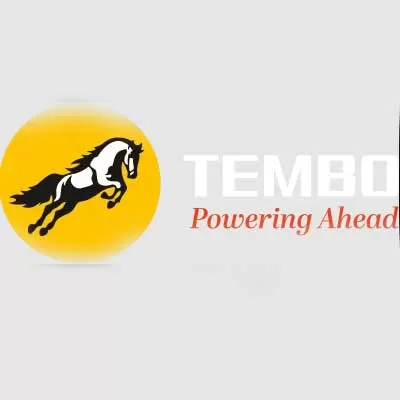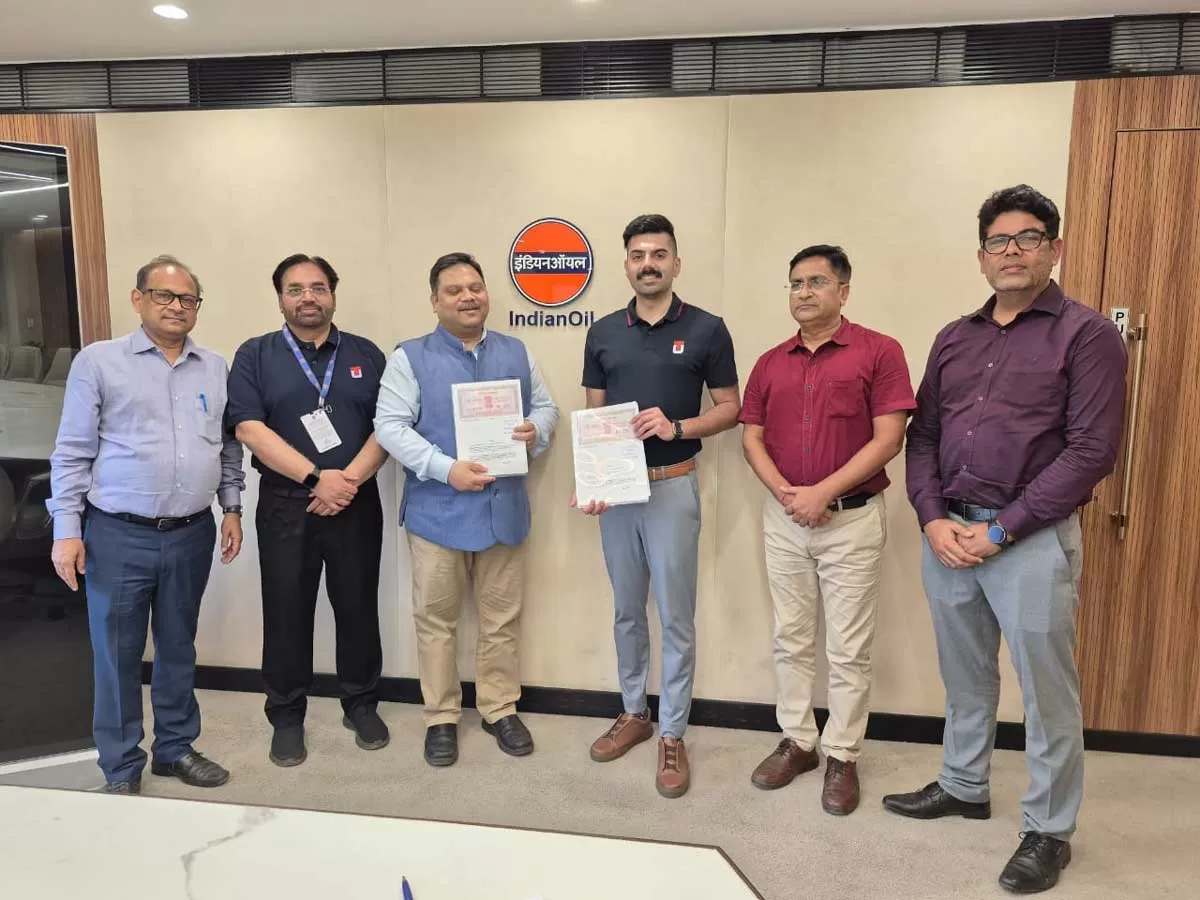
Tembo Global bags DI pipe orders worth Rs 51.82 crore
Tembo Global Industries has secured two major domestic orders totalling Rs 51.82 crore for the supply of ductile iron (DI) pipes, reinforcing its role in India’s growing water infrastructure sector.The first order, valued at Rs 18.55 crore, and the second, worth Rs 33.27 crore, have been awarded by a reputed domestic organisation and are to be executed over the next 12 months. These high-grade DI pipes will be used in large-scale irrigation systems, ensuring efficient water delivery in key agricultural regions.Tembo Global, listed on the NSE, is known for its engineering and manufacturing so..

TrucksUp, IndianOil launch smart fleet card for logistics firms
Logistics tech firm TrucksUp has partnered with Indian Oil Corporation Ltd (IndianOil) to introduce the XTRAPOWER-Fleet Card, a digital fuel and fleet management solution tailored for transport and logistics operators.Through a Memorandum of Understanding (MoU), the companies aim to offer fleet operators, MSMEs, and corporates an integrated platform for managing fuel expenses, tracking transactions, and optimising operational costs. The card ensures seamless digital transactions and access to IndianOil’s network of over 40,000 outlets.Key features include 24/7 recharge via multiple payment m..

IDS brings Spain’s Brétema lighting collection to India
IDS by Innovative Design Group has launched the Brétema collection by Spanish brand a·emotional light in India. The handcrafted lighting range, inspired by the Atlantic mist and sky, debuted recently at Salone del Mobile 2025 and is now available exclusively through IDS.Brétema—meaning “mist” in Galician—is crafted from layered painted stainless steel and reflects a poetic interplay of cloud-like forms and soft illumination. Its modular pendant designs come in three sizes and two classic finishes: white and black.The range’s ethereal aesthetic and warm ambient light are suited for..














